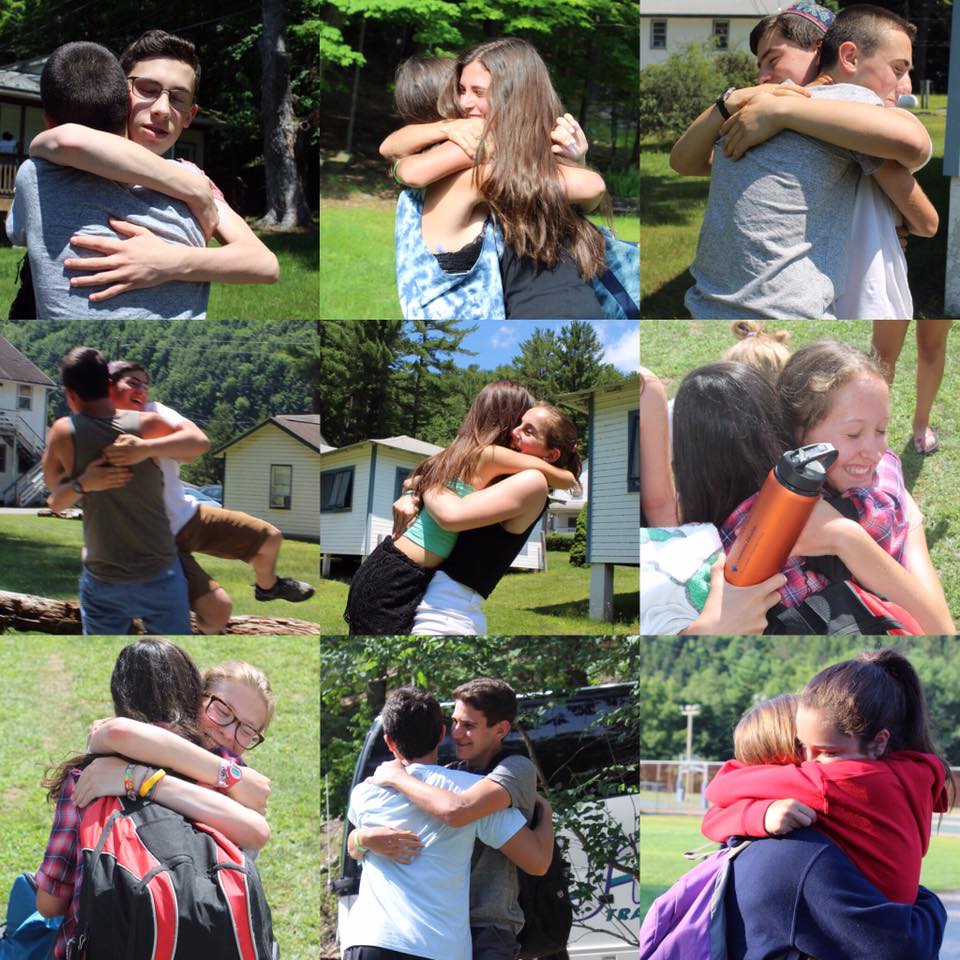Benefits of a Teen Community
It’s no great surprise to hear that it’s good for our kids to connect with their peers. Weren’t we the ones tirelessly setting up playdates all those years? We wanted them to learn to share toys, be considerate to others, and, of course, enjoy someone else’s company.
Now that they’re teens, these connections may be more natural, but they are also more important. “As we push away from adults during adolescence we begin to associate much more with peers. Associating with our peers during this time is vital for our survival,” says clinical professor of psychiatry at the UCLA School of Medicine Daniel J. Siegel in his book Brainstorm: The Power and Purpose of the Teenage Brain.
clinical professor of psychiatry at the UCLA School of Medicine Daniel J. Siegel in his book Brainstorm: The Power and Purpose of the Teenage Brain.
Strong ties will hold them together
“There is safety in numbers as we ‘leave the nest’ and help one another brave this new world,” writes Siegel. The notion of heading off to college one day may be incredibly exciting as a concept, but as the realities sink in, so might a sense of fear and loneliness. This dichotomy is so unique to this life stage that only other teens can truly appreciate both sides of it.
When we send our kids to summer programs, where teens are together all time—in their bunks, during meals, at prayer, in the pool, or in the woods—they end up on a fast-track to strong, genuine relationships with people who get them and who they can lean on.
Fitting in is (still) important
Even as each teenager learns to appreciate what is unique about him or herself, like all of us, they still crave the sense of belonging to a group. “You can feel comforted by membership in the group, strengthened by membership in the group, and even more creative in the collective intelligence of the group,” writes Siegel.
At Tel Yehudah, we strengthen the group experience by using it to discuss and debate important topics, really listening to each other and learning from one another, and then to sing and dance together, reminding ourselves, that despite our differences of perspective or opinion, that we are all one community.
Working together is a life skill
Speaking from an adolescent’s perspective, Siegel writes that “increased social engagement also helps us collaborate with our peers, with whom we’ll set up a whole new world.” By the time they enter high school, our teens are more than familiar with the concept of group projects. However, when they participate in a teen summer program, they experience negotiating that balance 24/7. From keeping their bunk clean to setting up a campsite to preparing for a meeting with a member of Congress, our teens learn not just to play a role, but to be part of a community that works hard to achieve something. Whether graduation is a few months or a few years away, these are lessons they will soon be highly reliant on.
 Young Judaea
Young Judaea





